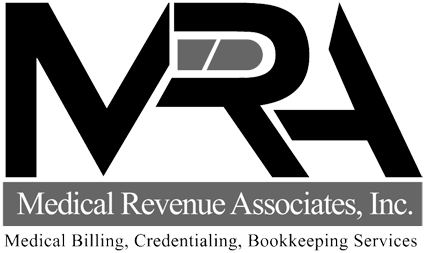As the coronavirus spreads across the country, hospitals and medical offices must manage the influx of patients to care for and tests to administer. This puts a tremendous strain on the day-to-day management of a healthcare facility, including those associated with revenue cycle management. While caring for patients is our number one priority, the financial health of our healthcare facilities is still vitally important if we want to continue fighting this virus.
Challenges brought on by COVID-19
While many states have instituted stay-at-home orders in order to flatten the curve, infection rates are still rising. As more people become infected with COVID-19, more hospitals are finding a strain on their resources and supplies. Indeed, hospitals across the country are running out of masks, ventilators, beds, and other critical supplies as hospitalization rates increase. Not only that, but some healthcare facilities are being forced to lay off staff as elective procedures, diagnostics, and appointments are being canceled.
Coronavirus billing and coding
Keeping your billing office running smoothly will ensure that your healthcare facility can stay functioning during this time. To do so, you must stay up to date on the most recent billing and coding changes.
The American Medical Association (AMA) recently unveiled new Current Procedural Terminology (CPT) codes in order to streamline coronavirus testing. Effective April 10, 2020, code 86318 was revised and two new codes were added in order to better report coronavirus antibody tests.
Additionally, the Center for Medicare & Medicaid Services (CMS) released a guide on proper billing and reimbursement practices when it comes to treating COVID-19. Under current guidelines, Medicare will pay for evaluation and management, as well as non-face-to-face services.
Patient payments and financial responsibility
With so many individuals getting sick, a major problem hospitals are dealing with are uninsured patients who are being billed for coronavirus testing and treatment. While the Trump administration promised to find a way to cover uninsured patients, a plan has yet to be put in place. Some hospitals have held off on sending bills to uninsured patients, while others are offering financial assistance. In these times, it’s best to be flexible with patients, offering them multiple payment options while also understanding that reimbursements and/or payments may not be made immediately.
For further questions on the coronavirus and its impact on your healthcare facility’s revenue cycle management, contact Medical Revenue Associates today at 215-497-1001.


Leave a Reply